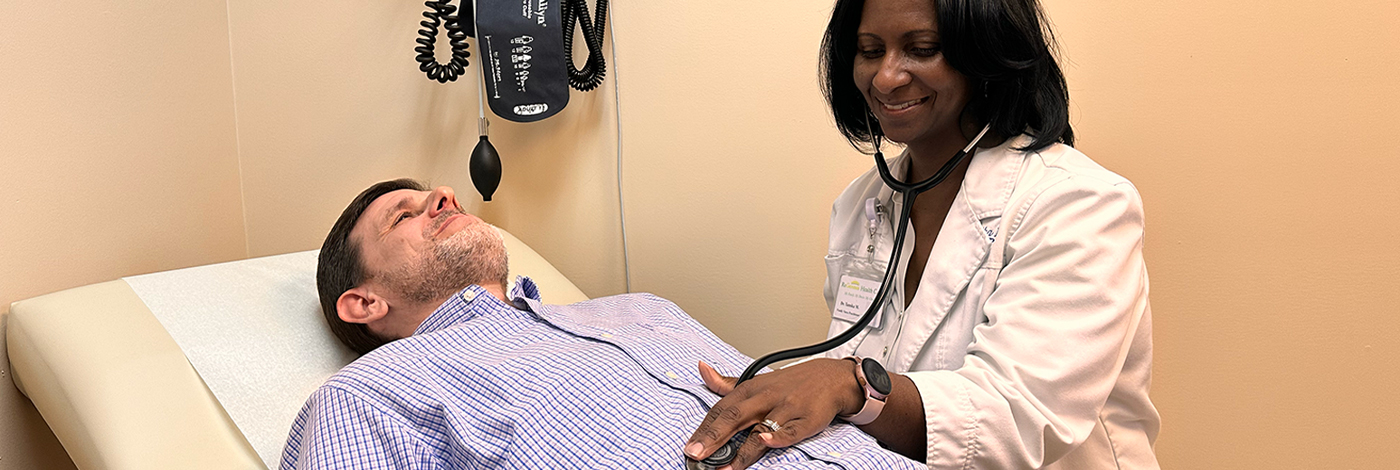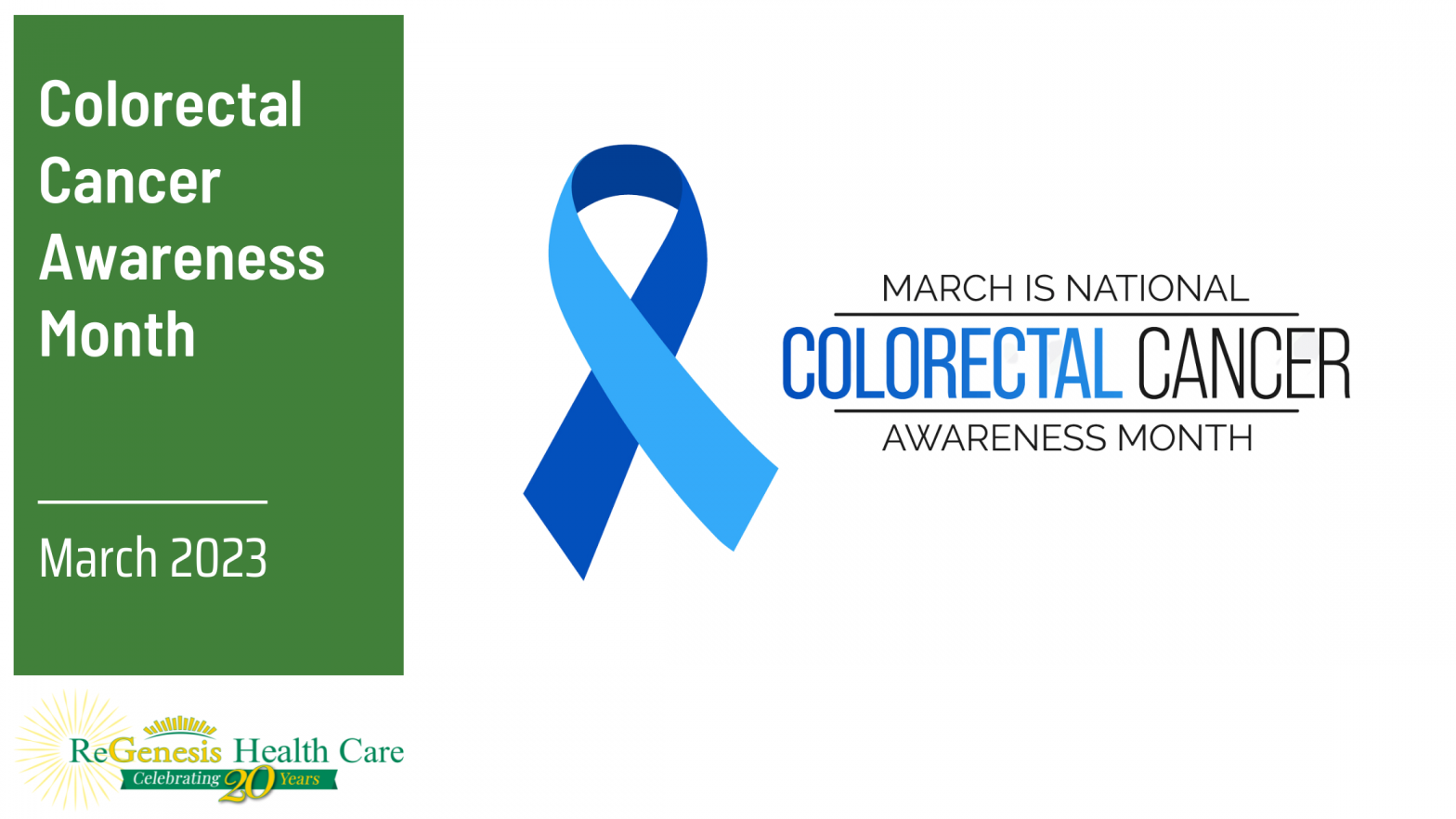What You Need to Know About Colorectal Cancer Awareness Month
March is National Colorectal Cancer Awareness Month, and it serves as an important reminder to adults age 45 and older of the need for regular colorectal cancer screenings. As one of the most common types of cancer in the United States, colorectal cancer affects millions of Americans every year. Let’s look at what colorectal cancer is, who can get it, and how you can prevent it.
What Is Colorectal Cancer?
Colorectal cancer occurs when abnormal cells form in the lining of the colon or rectum. It is a type of malignant tumor that can spread to other parts of the body if left untreated. In its early stages, colorectal cancer may not cause any symptoms; however, as it progresses, common symptoms may include abdominal pain, constipation or diarrhea that lasts more than a few days, blood in your stools, fatigue, or unintentional weight loss.
Who Can Get Colorectal Cancer?
Colorectal cancer can affect anyone; however, certain factors can increase your risk for developing it. These include:
- Having a family history of colorectal cancer or precancerous polyps.
- Having inflammatory bowel disease such as ulcerative colitis or Crohn’s disease.
- Being over age 50 (or over age 45 for African-Americans).
- Eating an unhealthy diet high in red meat and processed foods and low in fruits and vegetables.
- Smoking cigarettes or using other tobacco products.
- Drinking excessive amounts of alcohol.
- Being physically inactive or obese.
How Do You Prevent Colorectal Cancer?
The good news is that colorectal cancer is highly preventable with regular screenings. The American Cancer Society recommends that individuals aged 45 and older get screened for colorectal cancer every 10 years. Earlier if they have a family history—using either a colonoscopy or fecal occult blood test (FOBT). Additionally, making lifestyle changes such as exercising regularly and eating a healthy diet can help reduce your risk for developing this type of cancer.
National Colorectal Cancer Awareness Month serves as an important reminder to adults aged 45 and up about the importance of getting screened regularly for this type of cancer. While there are certain risk factors associated with developing colorectal cancer, including age and family history. Making healthy lifestyle choices such as exercising regularly and eating nutritious foods can also help reduce your risk significantly. Regular screenings are essential in detecting this type of cancer early on so make sure you talk to your doctor about scheduling yours today!



